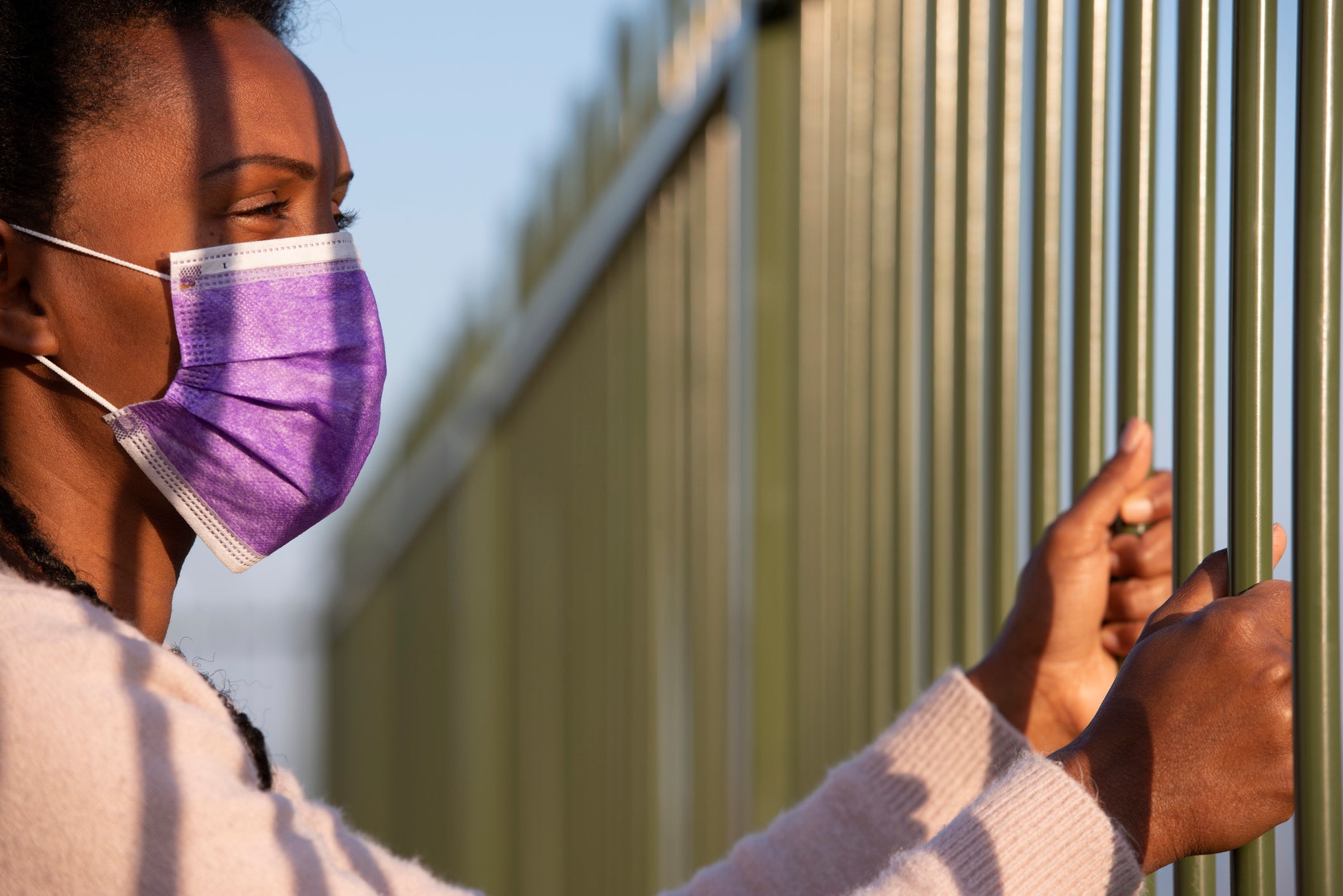
As the mother of a young Black man, I’ve found there are certain things I fear when it comes to him navigating the world on his own. And all of those things have come to fruition over the past couple of years.
During his freshman year of college at an HBCU, he and his roommate, along with another classmate, were pulled over by police because he did a slow roll right turn at a red light as they were entering back onto campus. The cops then alleged they smelled weed in the car and made them exit the vehicle. They asked if my son had any weapons on him, and he told them he had the pocket knife I directed him to carry. When he went to hand the knife to the cops, guns were immediately drawn. Of course, weed was not found in the car, nor were any of the boys smoking, especially since two out of three have chronic asthma.
Long story short, because of the university’s response, along with the actions of the Chesterfield County police, I did not feel that my son was safe in or around that campus, so I allowed him to take a year off after his freshman year.
Fast-forward to two years later, he’s living in an upscale high-rise in Montgomery County, Maryland, and one morning while on an elevator, an older White woman enters the elevator, but quickly notices him and exits. This has happened so many times that he had his cell phone camera ready and caught it all.
Guns drawn, White people cowering in fear, all because he’s a young Black man. These are my fears. And now with coronavirus and the mandatory usage of masks and social distancing, my fears are compounded.
Are Black people really safe in masks when we continue to have to deal with stop-and-frisk? No, because over the past several weeks, we’ve seen examples of how Black people are treated when attempting to social distance themselves and protect others by wearing masks.
Last week, a report showed the disparities that exist when it comes to social distancing summons in New York City. Data showed that 374 summons were issued between March 15 and May 5. Out of those summonses, 304 were handed out to Black people and Hispanic people. There were also clear examples on how different populations of New York City were getting away with not social distancing while frolicking at parks. Of course, the majority of that population was White.
Even before the report, a Black man in a mask at a Walmart in Wood River, located on the Illinois-Missouri border, was asked to leave simply because he was wearing a mask.
I’m not sure what I fear most: my son actually getting the coronavirus or the fact that even when trying to protect himself from others, he’s considered a target by some law enforcement.
In many commercials nowadays, you’ll hear talk of “unprecedented times.” Unfortunately, it’s not unprecedented for Black people to be targeted by law enforcement. But now, not only do we have to try to battle a disease that’s ravaging the country but we also need to make sure we’re not racially profiled while doing so.